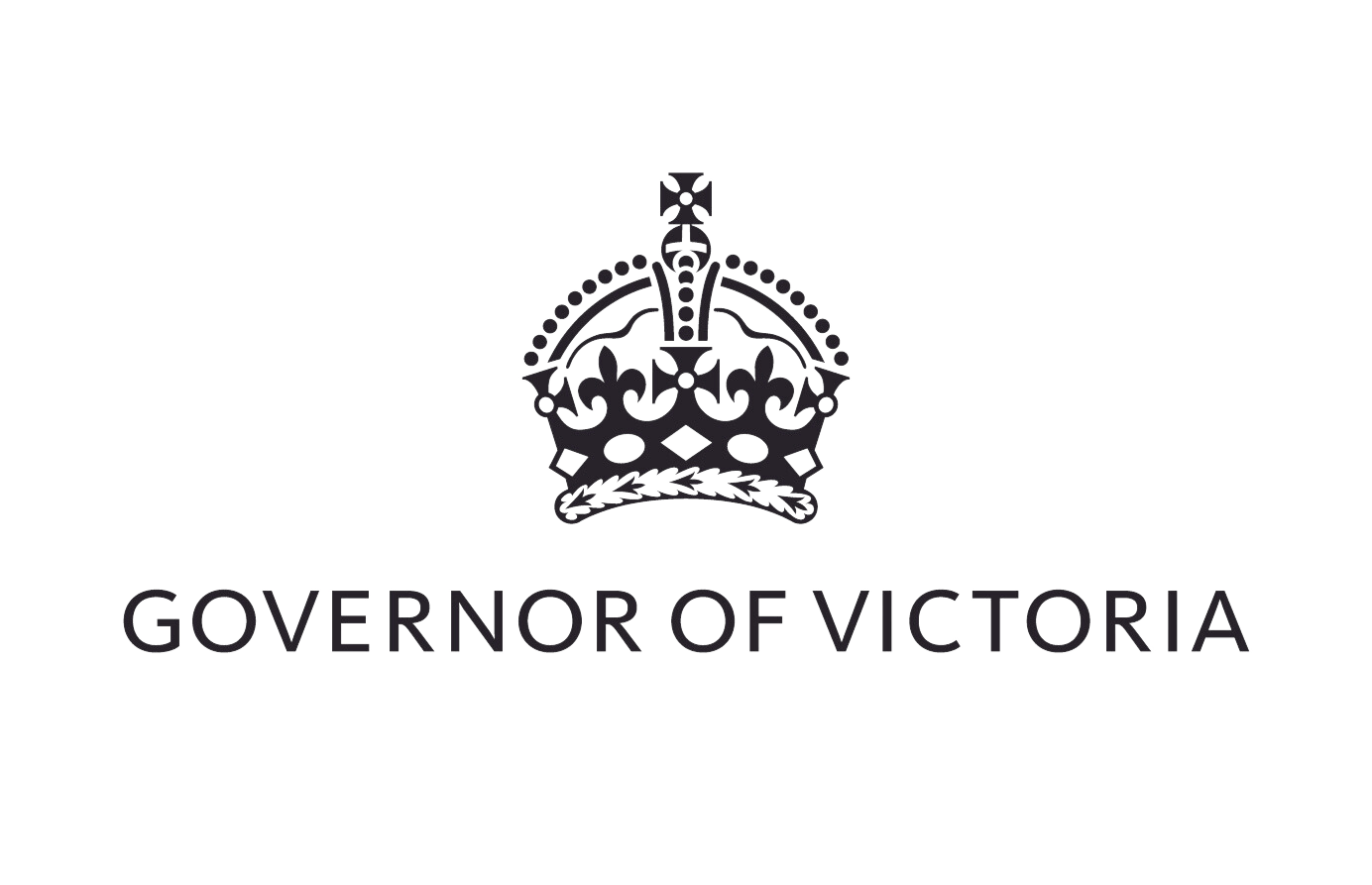
Speech given by the Governor at the 2024 Victorian Multicultural Awards for Excellence
Let me begin by acknowledging that we are meeting here on the lands of the people of the Eastern Kulin nations – the Wurundjeri and Bunurong peoples – and pay my respects to their Elders, past and present, and recognise any Torres Strait Islander Elders who are here in the room with us.
It’s a pleasure to welcome you all to Government House this evening.
This is a wonderful event every year and it’s appropriate that we celebrate these awards in this room.
This House that we gather in tonight, as many of you know, was built in the wake of the gold rush, which brought unprecedented wealth to Victoria.
But most importantly, for Victoria, which was just a brand-new colony at that time, it was a time of transformative change, and there was intense activity and movement of people.
It was marked by what was an unusual event – the Eureka Stockade – during which gold miners made a number of demands – many of which were then satisfied by the government of the day.
Those demands, some of which harked back to the Chartists. They were, in fact, surprising demands to hear from a people at this time, in this place.
At the height of the rebellion, at a meeting at Bakery Hill – a dark, bearded figure rose to speak.
Raffaello Carboni, an Italian revolutionary, crossed the seas, seeking opportunity on the goldfields of Ballarat.
He hobbled to his position, owing to the pain of three bullets in his leg – those bullets were a legacy of an earlier rebellion against Austrian occupation in Italy. He’d been part of conflicts many oceans away from where he was then standing.
Peter Lalor, recognising Carboni’s passion and determination, tasked him with organising the European miners.
In Carboni’s account of the meeting, he preceded his speech with an old proverb:
“Chi sta bene, non si move”
Which translates as:
“Those who are well, should not change.”
Looking out on the scores of miners who were asking for a set of rights from the then first Governor of Victoria, Carboni “called on all [his] fellow diggers, irrespective of nationality, religion, and colour, to salute the 'Southern Cross' as the refuge of all the oppressed from all countries on earth.”
The gold diggers, as Carboni was suggesting, did not leave their homes satisfied with where they’d come from – they left to seek change. They left to seek a better place.
For most, the goldfields represented a place where their fortunes could change – where they felt they had an opportunity for a better life, to escape sometimes significant poverty, sometimes servitude.
But it was, for all of them, no matter their circumstances, an opportunity for something better.
For the tens of thousands of migrants that reached our shores during this time, Victoria was a place of great hope.
They weren’t dependent on someone else to realise that hope; it was in their own hands.
And they felt, in that way, that they could speak for themselves about what they felt was important.
Yesterday marked the 170th anniversary of the Eureka Stockade. It's clear that Victoria is a vastly different place today.
One thing hasn’t changed – the promise of a better life has not changed.
Victoria is still a place where people from all corners of our earth come to realise what they hope will be their dreams.
They’re still speaking from different experiences, they come often speaking different languages – they’re all asking for that opportunity, and asking to be heard.
Our State has been shaped by all those people who have come here and now call it home, and multiculturalism has been a core part therefore of Victoria since its earliest days.
Apart from the First Peoples, the people who came, came from all over the world.
Carboni organised and led European miners in what was at the time one of the first significant movements in Victoria, and it was uniting people across cultures and across nationalities.
It’s woven into the fabric of our history, and most importantly, our shared identity.
All of you here who are being recognised have shown great leadership in your communities, helping connect and uplift not only those around you – but, through your efforts, Victoria as a whole.
Tonight, we are celebrating and recognising your achievements.
But the true reward lies in looking back to that early time and realising that Victoria has an appreciation for the diverse voices that find their place here.
And it’s a place that respects those voices, but most importantly, it respects what we can achieve together.
Thank you.
